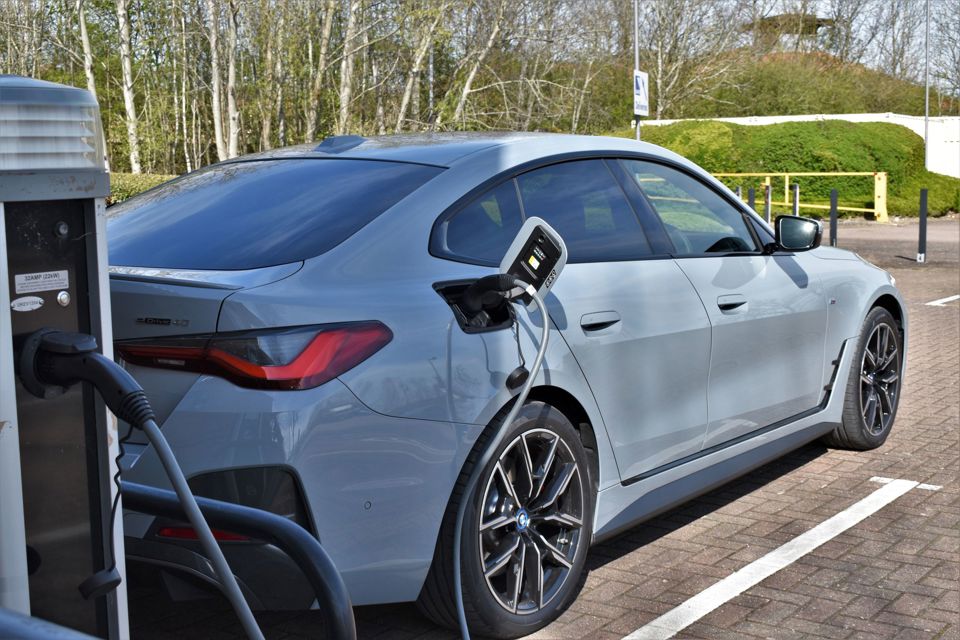Electric cars are still more cost-effective than internal combustion engine (ICE) equivalents, despite rises in electricity charges, says Fleet Evolution.
Andrew Leech, MD and founder of the electric vehicle (EV) salary sacrifice and fleet management provider, Fleet Evolution, says that an EV provided under a salary sacrifice car scheme remains far more cost and tax efficient than an equivalent ICE model, especially when the cost of fuel is factored in.
A typical EV such as a Hyundai Kona Electric costs just 10p per mile to run, compared to 20p per mile, twice as much, for the equivalent diesel-engined model – even after taking rising electricity charges into account, he says.
A factor in favour of EVs has been a rise in the price of oil on world market, partly because of a cut in production by OPEC – the Organisation of the Petroleum Exporting Countries – including countries such as Russia and Saudi Arabia.
Leech said: “After several weeks of falls, rising petrol and diesel prices only serve to make ICE models more expensive to run and EVs more cost efficient.
“For example, a Hyundai Kona diesel, which has a typical fuel consumption of 55mpg, costs 20p per mile to run. The electric equivalent, which typically travels four miles per kilowatt hour, will cost less than 10p per mile to run – half as much.
“That’s after factoring in the real cost of electricity which is expected to reach 38p per kilowatt later this month, the highest we have yet seen.
“Government figures give an average UK electricity price per kwh of 18.9p for last year – so this latest projection is more than twice the previous rate. And the unit cost for electricity in the price cap that ended on 31 March was just 21p per kwh. So big rises are obviously in the pipeline.
“However, despite these increases, the electric car is still more efficient in fuel consumption and cost terms than the ICE equivalent.”
He continued: “As we have been able to demonstrate previously, when compared to the running costs of a conventional fossil-fuelled car, the savings from having an electric car under a salary sacrifice scheme can be in the region of £300-£400 a month.
“This represents a significant proportion of an employee’s monthly take-home salary at a time when living costs are coming under unprecedented pressure.”
Leech said that an EV provided under a salary sacrifice scheme was more cost competitive not just because of the lower fuel costs, but also because of the all-inclusive nature of the terms of the scheme, which typically includes all SMR, tyres, windscreen, breakdown and recovery and insurance costs.
“The concierge service offered under salary sacrifice, and the fact that all the administration is handled by the supplier, continues to make a salary sacrifice car scheme extremely attractive for the employee,” he said.
> Interested in comparing electric vehicle data? Check out our EV tool.
> Interested in ensuring the efficient use of EVs. Check out our dedicated editorial sections: Insight & policy | EV news | Charging & infrastructure | Costs & incentives | Benefit-in-kind | EV case studies | EV road tests






















Login to comment
Comments
No comments have been made yet.